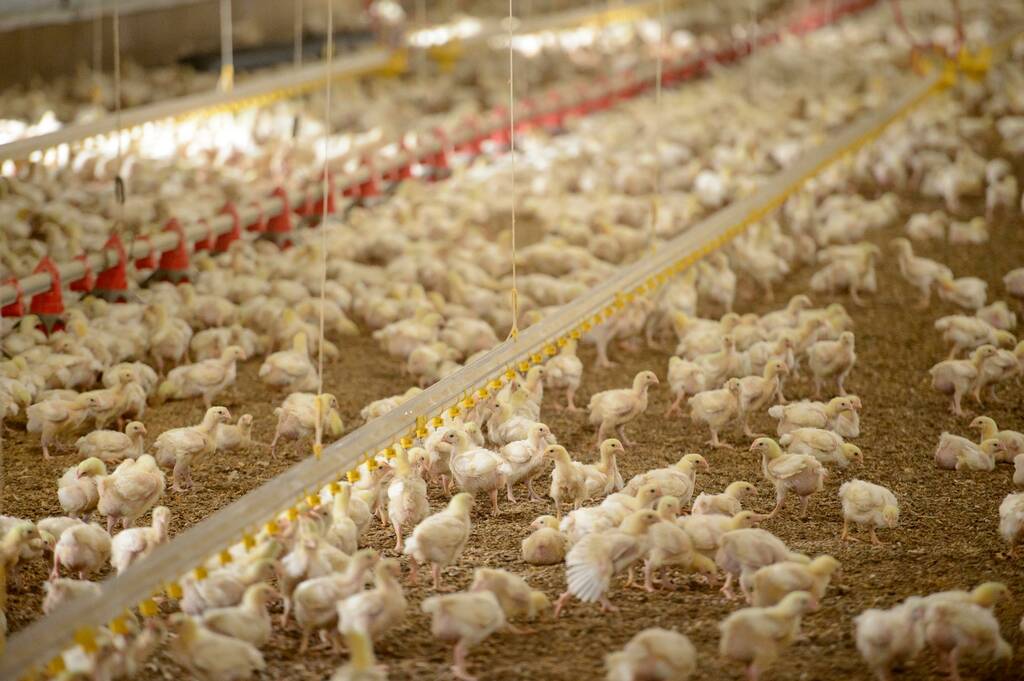U.S. poultry exports totaled $3.628 billion from January through August 2022, up 16.6 percent year-over-year.
Volume-wise, these international sales rose 3.9 percent at an annual rate, to 2 million 574,472 tons, according to Commerce Department data.
But according to the Federal Reserve Bank of Atlanta, poultry exports have weakened in its jurisdiction due to foreign importers’ concerns about bird flu outbreaks.
Avian influenza is caused by a type A influenza virus that can infect poultry (such as chickens, turkeys, pheasants, quail, domestic ducks, geese, and guinea fowl) and is carried by free-flying waterfowl such as ducks, geese, and shorebirds.
From January through August 2022, the top three destinations for U.S. poultry exports were China ($778 million, +37.5 percent year-over-year), Mexico ($694 million, -9.2 percent) and Canada ($291 million, +61.5 percent).
In terms of volume, exports to Mexico were 512,931 tons (-8.9%); to China, 435,223 tons (+43.6%), and to Canada, 94,269 tons (+3.9%).
Avian influenza viruses are classified by the combination of two groups of proteins: hemagglutinin or «H» proteins, of which there are 16 (H1-H16), and neuraminidase or «N» proteins, of which there are 9 (N1-N9).
Thus, many different combinations of «H» and «N» proteins are possible.
Poultry Exports
Each combination is considered a different subtype and can be broken down into different strains that circulate within airways/geographical regions.
In addition, avian influenza viruses are classified by their pathogenicity (high or low), i.e., the ability of a particular viral strain to cause disease in poultry.
On October 6, 2022, The United States Department of Agriculture (USDA) Animal and Plant Health Inspection Service (APHIS) confirmed the presence of highly pathogenic avian influenza (HPAI) in a non-commercial (non-poultry) backyard flock in Bernalillo County, New Mexico.
Samples from the flock were tested and confirmed at APHIS National Veterinary Services Laboratories in Ames, Iowa.
APHIS is working closely with New Mexico State animal health officials in a joint response to the incident.
State officials quarantined the affected premises, and birds on the property will be depopulated to prevent the spread of the disease. Birds from the flock will not enter the food system.
According to the U.S. Centers for Disease Control and Prevention (CDC), the public health risk associated with these avian influenza detections in birds remains low.
As a reminder, proper handling and cooking of all poultry and eggs to an internal temperature of 165 ˚F is recommended as a general food safety precaution.
Among the largest companies in the industry are: Cargill Meat Solutions, JBS USA, Smithfield Foods, ConAgra Foods, Sysco Corp, Tyson Foods, Pilgrim’s, Hormel, Perdue Farms, Koch Foods, Mountaire Farms, Sanderson Farms, American Foods Group, Wayne Farms and OSI Group.
![]()

